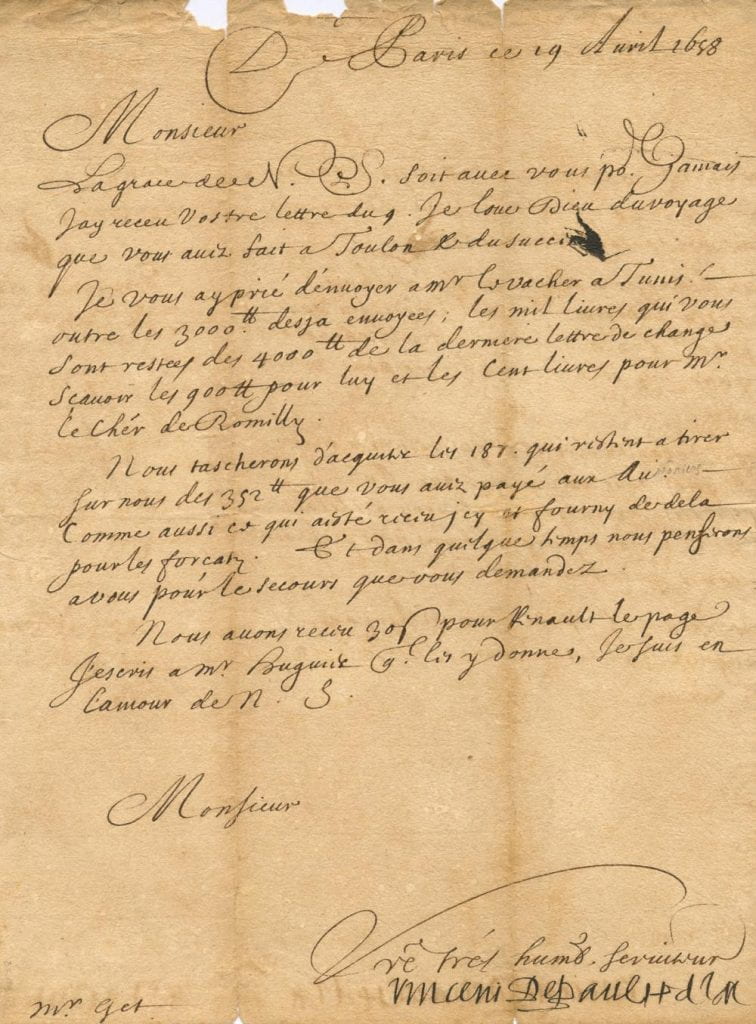About the Author
Richard Shaw is a Catholic priest of the Albany, New York, diocese, and has degrees in American history and criminology. He has taught high school and is currently on his faculty of Maria College, Albany. Father Shaw is a chaplain at two county jails, and has been engaged in this ministry for ten years. In addition to published articles and short stories, he has written Dagger John: the Unquiet Life and Times of Archbishop John Hughes of New York; and The Christmas Mary Had Twins.
|
Product details · Paperback: 272 pages · Publisher: Wipf and Stock (May 10, 2018) · Language: English · ISBN-10: 1532645104 · ISBN-13: 978-1532645105 |
From the publisher:
“St. Elizabeth Seton called him “The Pope”; his students dubbed him “Little Bonaparte.” To Pope Gregory XVI he was “my most particular friend”; while his own Bishop charged him with acting as a “Bishop” rather than as parish priest. The man was Father John Dubois, an exile from France, the founding father of many cherished Catholic institutions in America. Dubois was beloved by the “little people”–the scattered Catholics he served in rural Maryland, Virginia, and Pennsylvania; and he was the amiable friend of Protestants such as James Monroe and Patrick Henry. In 1808 he began his “Mountain” seminary at Emmitsburg, Maryland, and 175 years later Mount St. Mary’s College still serves as his memorial to education. The founder would just as easily pick up an axe to fell lumber for his college buildings, as he would ride through the night on horseback to minister to the sick and dying. He called himself “an ugly little wretch,” but to his students (his children) he was fondly remembered as “old father.” Dubois’ great life’s work was his role as spiritual and physical architect of the Sisters of Charity in the United States. Without him, Elizabeth Seton might never have been known to history. This “American St. Vincent de Paul” wrote the first rule for the American sisters and pushed them out into missions across the country. Dubois was domineering, a tireless workman, often rough and blunt–not at all Mrs. Seton’s choice as a religious Superior. In 1826 the labors of the benevolent dictator ended at Emmitsburg, and he was called to head the immigrant church in New York. John Dubois became bishop of a turbulent diocese, dominated by fiercely nationalistic clergy and laity–“chiefly Irish.” Despite his good will, and although dedicated to all that was “chiefly American,” the French emigre remained a foreigner to his people in New York City. Embattled for sixteen years with insolent clergy and powerful lay trustees, the Bishop shunned public controversy and concentrated on pastoral care. He made frequent visits to the missionary territory in upstate New York, worked through cholera epidemics and went on a begging tour in Europe. In the 1830s, Protestants were beginning to react violently to Catholics and the immigrant Irish, yet Dubois was respected by numerous non-Catholics. He was also a friend to important Catholics: Roger Taney, Charles Carroll, Pierre Toussaint, the black philanthropist, and Mark Frenaye. He had enough faith in one young immigrant to ordain him and give him his start in America: St. John Neumann. As an old man, incapacitated by a series of strokes, he was sadly ignored by his energetic auxiliary, Bishop John Hughes. Before Bishop John Dubois died in 1842, he requested: “Bury me where the people will walk over me in death as they wished to do in life.” Ironically, his gravesite was “lost” for well over 125 years. Now, the stirring and inspiring life of John Dubois is recaptured in his first full-length biography. The author finds Dubois a great and holy man–truly worthy of the title “Founding Father.””

